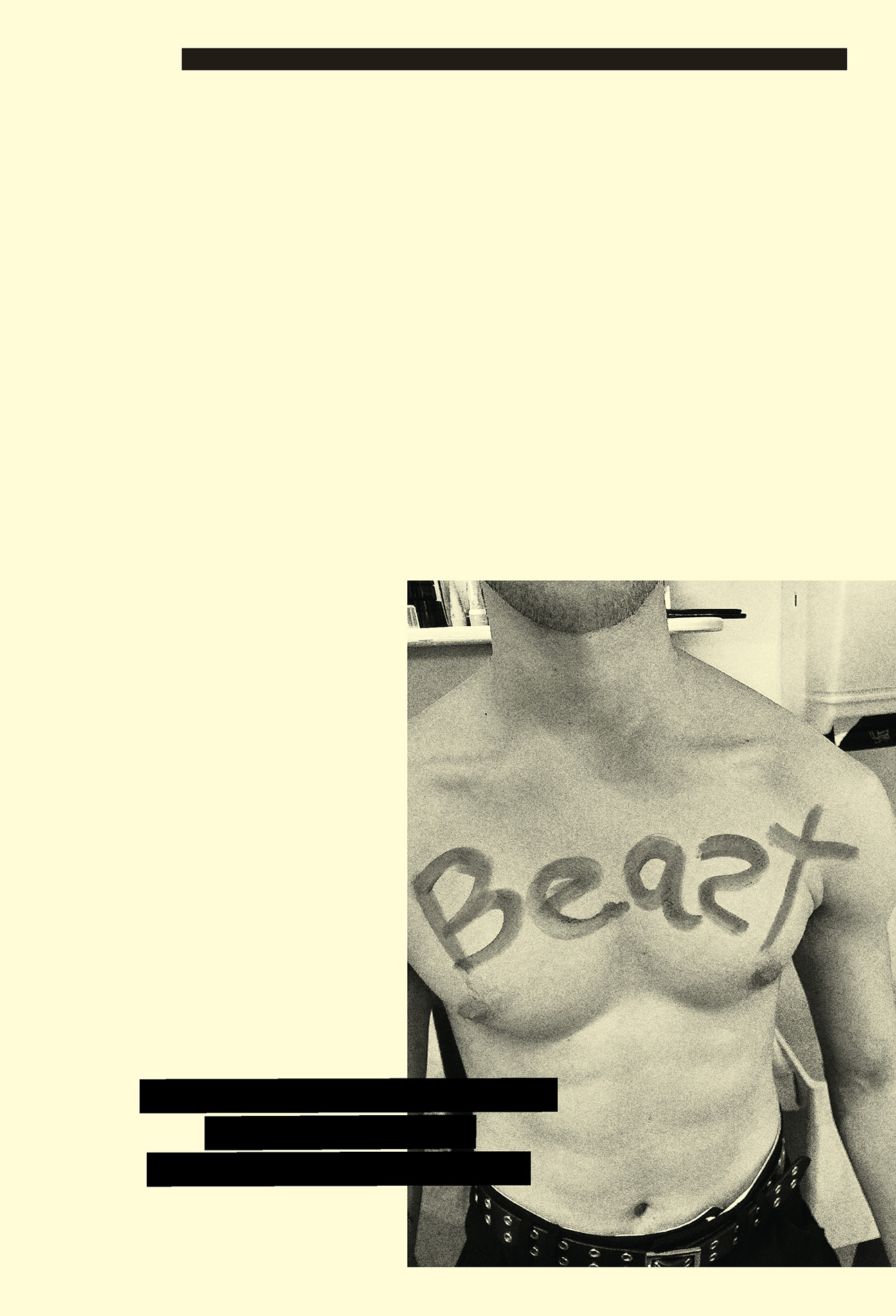
179
“PREDATOR”:
TELLING
YOUR STORY
YOUR STORY
If you listen closely to Jagged Little Pill, the album, you will hear a rumbling sound bubbling just underneath the surface. It is an urgent growl, a low howl, the sound of a woman who won’t be silent any longer. When Jagged Little Pill first came out, many critics—most of them male—picked up on this seething in her songs and used it to dismiss Morissette as histrionic; in 1996, one critic called her an “avenging banshee,” suggesting that she was a jilted she-beast, out to destroy her ex-boyfriends. What these critics could not grasp in the music—but which so many of
Morissette’s young women fans understood implicitly—is that the anger towards men in her songs is not really about lost love or revenge. Instead, it is about something far more insidious and systemic; it is about abuse and silence, assault and power. Two decades before the #MeToo movement, Morissette and her contemporaries were singing about their own experiences with exploitation and harassment. In “Right Through You,” Morissette sings “You took a long hard look at my ass and then played golf for a while.”
It is not a subtle message. As a teenage pop musician in Canada, Morissette found herself surrounded by older men who not only tried to dictate her future, but were often inappropriate with their advances. “I mean, I was flying alone when I was 10,” she told the New York Times in 2019. “I was going on a music-video shoot with four men to Europe when I was 14. I was always the one that everyone was like, ’She’s going to be fine.’ Meanwhile, I’m like chewing my nails down to the quick and throwing up and having sexual- abuse stories all through my teens.”
While most of the songs on Jagged Little Pill are subtle in their treatment of abuse, Morissette began to address the subject more directly in later records. The song “Hands Clean,” which originally appeared on her fifth album, Under Rug Swept (and appears in the musical at the top of the second act), is about a relationship between an under-age woman and an older man. “That’s the story of rape, basically,” Morissette told Self magazine in 2019. “And the people who were addressing it at the
“It is an urgent growl, a low howl,
the sound of a woman
who won’t be silent any longer.”
the sound of a woman
who won’t be silent any longer.”
time, they weren’t being very supportive. Still now, women are sort of being supported. It—and I—were just straight-up ignored at best. Vilified and shamed and victimized and victim-attacked at worst.”
Even though she was attacked for speaking out about her own abusive relationships, Morissette has continued to address the subject head-on in her work. When it came to the Broadway musical, she pushed hard for the show to include a plotline about a sexual assault and its aftermath. While there was some hesitancy at first from the creative team about showing a high-school rape on stage, Morissette felt that it was crucial to include Bella’s story, and said she trusted Broadway audiences to handle the discomfort and heaviness of the situation. “I mean it’s all over a lot of my songs, it’s all over my history,” she says. “And it’s all over most fucking women’s history. People say one in five women have been assaulted. I’m like, every woman’s been subject to some version, covert or overt, of sexual harassment, abuse. Even just being a woman in a body you’re going to be subject to something.”
When it came to a song for Bella to sing as she recounts the night she was assaulted, Morissette realized that she could offer Paulus and Cody a song she had never released on an album before. “Predator,” one of two new songs in the show (the other is “Smiling”) is a song about feeling like prey in your own body, especially as a woman in a vulnerable situation. As Bella sings, “This magnet for predators is learning to be discerning,” it is heartbreaking—her self-knowledge comes at a tragic price.